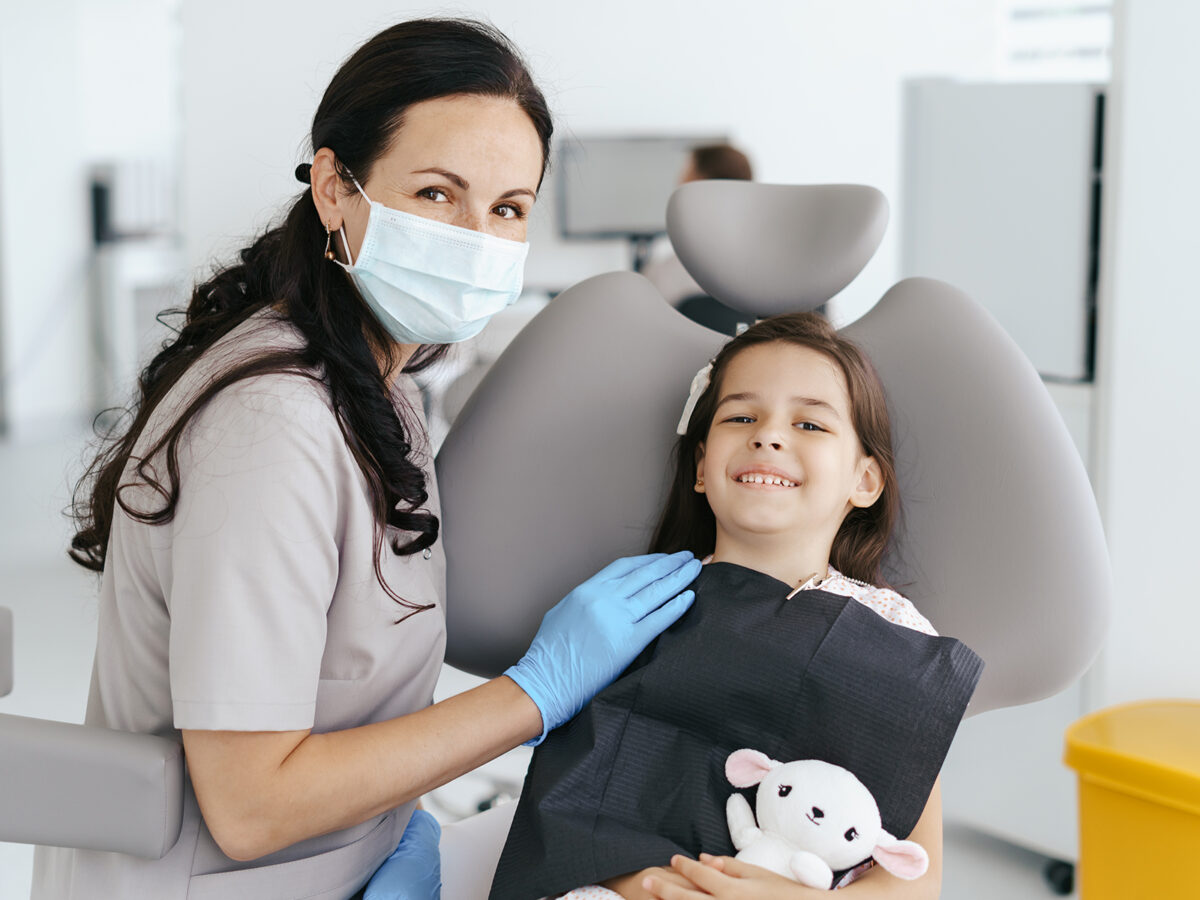Blog
Dental hygiene tips for healthy teeth & gums

Importance of Dental Health In Children
A typical myth among new parents is that cavities in baby teeth wouldn’t matter as the body sheds them down in the coming months. It is essential to understand that dental decay in milk teeth has a disastrous effect on permanent teeth and can cause future dental issues.
The foundation of healthy teeth has to be applied via dental routines right from the early years of life. Several studies have proved that insufficient diet, poor food choices, and inadequate tooth brushing practices during the initial years of life have resulted in tooth decay in children. This results in cavities and caries in milk teeth which further raises the risk of declining permanent teeth.
It is essential to select a proper kids’ oral health routine early in life to provide the development of strong and healthy teeth. In this blog, you will learn more about the importance of dental hygiene in children.
Dental Care Tips For Babies:
- Wipe gums twice daily using a soft, clean cloth in the morning. The cleaning routine must begin after the first feeding and end right before bed to wipe away bacteria and sugars that can generate cavities.
- When the first tooth comes in, begin brushing twice a day with a soft, small, bristled toothbrush with just water.
- By your child’s first birthday, visit a dentist to analyze signs of dental issues early.
- Consult your dentist about using fluoride varnish on your child’s teeth as soon as the first tooth emerges. For young children, contact a dentist before the use of fluoride toothpaste or mouthwash.
Dental Care Tips For Children:
- Brush children’s teeth twice a day by using a fluoride toothpaste.
- Drink water that contains fluoride throughout the day.
- Ask your pediatric dentist to use dental bonds when applicable.
- Check if your child brushes their teeth properly and teach them proper brushing habits and patterns.
- Ensure they use a pea-sized amount of toothpaste, always rinse it, and do not consume it.
- Guide your child the right method and pattern while brushing until they have good brushing skills.
The Risk Factors for Cavities in Younger Generation:
Your child’s chance of getting cavities can be higher if family members also have a history of tooth cavities. Also if your child eats and drinks a lot of sugary foods and drinks, like soda, especially between meals, tooth decay is a risk.
Children with special health care needs, like they wear braces, orthodontics, or oral appliances, are more prone to tooth decay and cavities. Visit your dentist and consult for signs of cavities to prevent such dental issues.
Lack Of Cognitive Development:
Poor kids’ oral health is also associated with lower intellectual interpretation, as shown by lower cognitive scores and comparable impairment of understanding ability. Low grades can be due to school absences due to toothache or infection, which are more common.
Whereas routine oral checkups and methods do not typically interrupt school attendance, dental emergencies can result from poor oral health and affect school attendance. Children with poor dental health have more inadequate school performance overall.
Final Thought:
Training children and motivating parents to look after the oral health of children can reduce dental pain, improve dental health, maintain dental function, and reduce dental cost. Additionally, good kids’ oral health also promotes academic and social development. These benefits need to present and use dental preventive assistance in early childhood.
While most children start to take better care of their teeth by the time their permanent teeth emerge, this may not happen in all cases. Thus, early involvement of parents may have a continuing and increasing impact on the child’s overall health in many forms.


